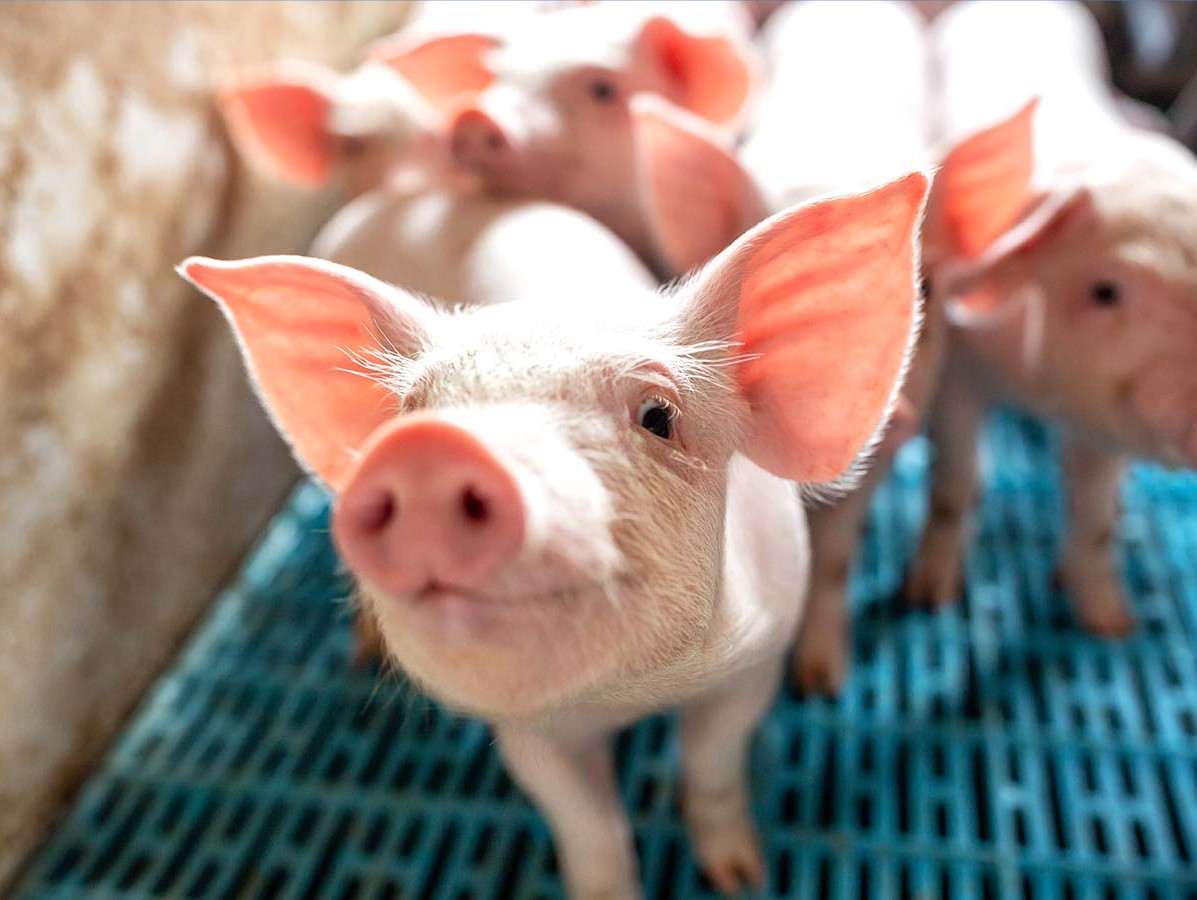
The UK Health Security Agency (UKHSA) has identified a human case of influenza A(H1N2)v for the first time in the United Kingdom. This virus resembles the flu viruses found in pigs in the UK.
The case was discovered during the national flu surveillance conducted by the UKHSA and the Royal College of General Practitioners. The individual, who showed respiratory symptoms, was tested by their general practitioner. The virus was identified using PCR testing and genome sequencing. The patient experienced a mild illness and has fully recovered. The source of the infection is still being investigated.
Close contacts of the patient are being monitored by the UKHSA and partners. They will be offered testing and advice if necessary, especially if they show symptoms or test positive. People with respiratory symptoms are advised to avoid contact with others, particularly those who are elderly or have pre-existing medical conditions.
The UKHSA is enhancing surveillance in general practices and hospitals, particularly in North Yorkshire. Individuals approached for testing are encouraged to participate.
Meera Chand from the UKHSA emphasizes the importance of flu surveillance and genome sequencing in detecting this virus. Efforts are being made to trace contacts and limit any potential spread. Christine Middlemiss, Chief Veterinary Officer, highlights the importance of maintaining high standards in animal health and welfare, as animal diseases can be transmitted to humans. Pig farmers are urged to report any suspicions of swine flu to their local veterinarian.
Influenza A(H1) viruses are common in pig populations worldwide. When these are detected in humans, they are referred to as 'variant influenza viruses'. Since 2005, there have been 50 human cases of influenza A(H1N2)v reported globally, none of which are genetically related to this strain. The virus in the UK is similar to viruses in British pigs and differs from recent human cases of influenza A(H1N2) globally.
Source: UKHSA